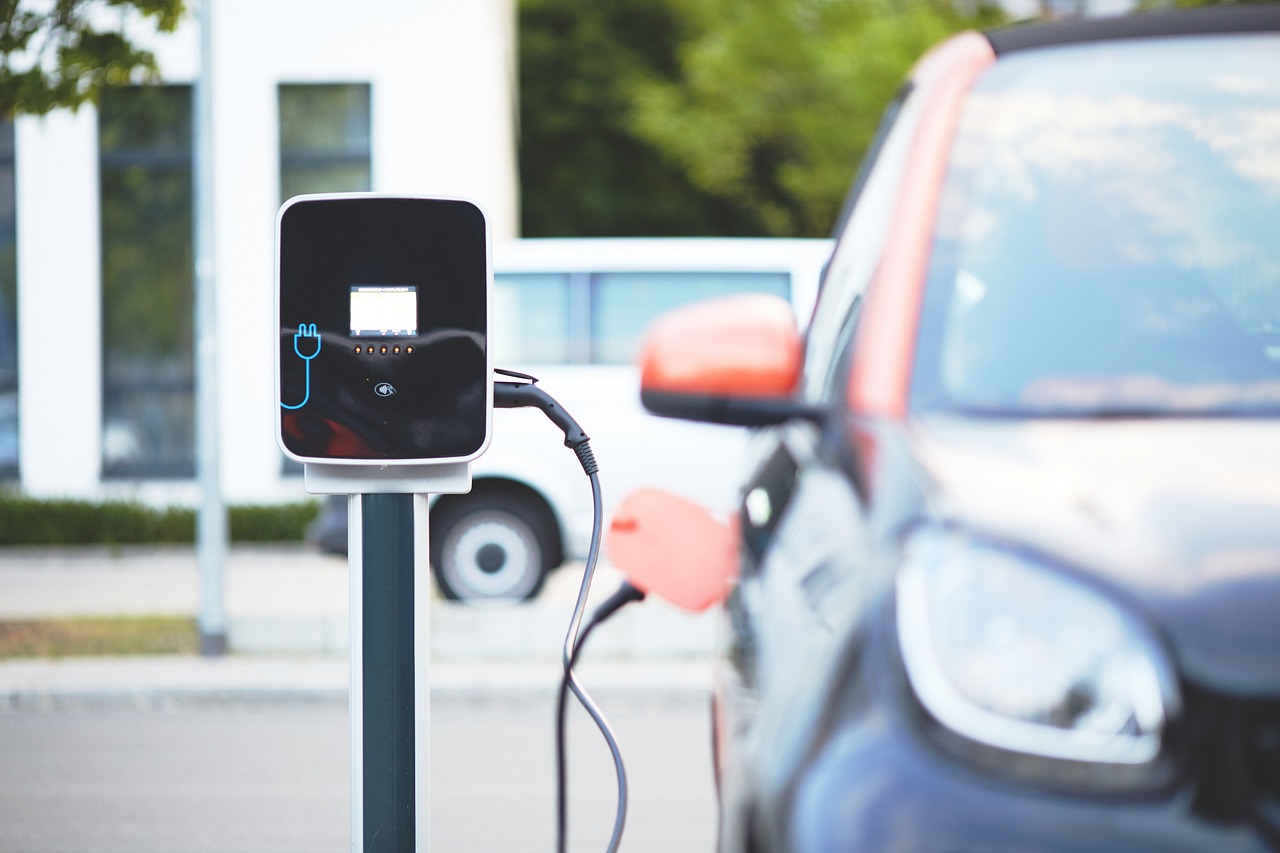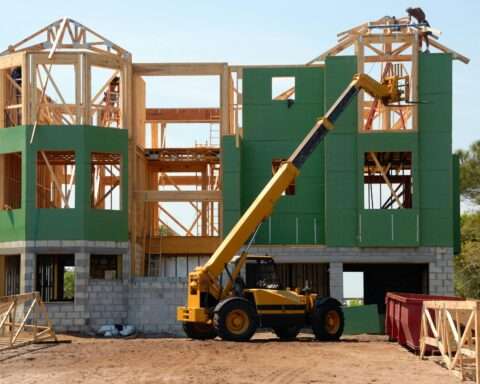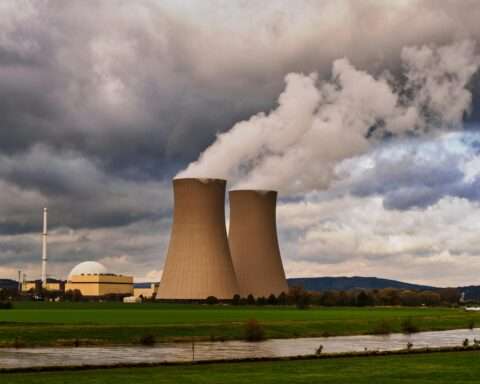The U.S. Department of Energy (DOE) is announcing millions in grants to drive innovation in the transportation sector and deploy efficient, affordable and clean mobility solutions for all Americans.
The DOE’s Office of Energy Efficiency and Renewable Energy (EERE) will enter the award negotiation process with applicants for the Vehicle Technologies Office (VTO) Research & Development Funding Program, a nationwide grant initiative seeking to fund the research, development and deployment of renewable energy technologies in the transportation sector. The federal grants, totaling $51.7 million, will support universities, research institutions, private companies and transportation authorities’ ambitious clean transportation projects around the country.
RELATED: Michigan utility adding AI to meters to measure EV charging’s impact on grid
The VTO Research & Development Funding Program is designed to advance the whole-of-government approach to tackling the nation’s climate crisis and maintaining transportation service quality and safety. Representing the program’s total funding allocations for fiscal year (FY) 2024, EERE will deliver grants to eligible entities that engage with one of six of the program’s topical areas, each contributing to different aspects of electric vehicles implementation, autonomous vehicle connectivity and cybersecurity.
The six topical areas projects will be awarded under are:
- Next Generation Phosphate-Based Cathodes – $17 million to four projects that focus on advancing battery technologies, specifically for high-energy density cells that incorporate phosphate-based cathodes. Projects will conduct a variety of methods, such as combining lithium- and manganese-rich materials with phosphate-based material, to improve batteries’ performance and affordability.
- Sodium-Ion Battery Technology for Electric Vehicles – $6 million for five projects to advance sodium-ion battery solutions for electric vehicle operations and implementation. Offering an alternative solution to lithium-ion batteries, these projects will leverage existing sodium-ion battery technology and future research opportunities to reduce reliance on scarce and expensive materials.
- Low Greenhouse Gas Concepts for Off-Road Vehicles – $7.2 million to four projects that explore off-road vehicle technologies and their environmental impact, including the development of renewable fuel engines for extended operation times and hydrogen combustion engines.
- Saving Energy through Connectivity – $7 million for two projects to enhance the connectivity between vehicles, infrastructure and other elements of the transportation systems. The projects will focus on the development and integration of autonomous vehicle-to-everything (V2X) technologies into vehicle systems, demonstrating traffic management solutions that can improve energy efficiency, reduce congestion and mitigate hazards in the transportation sector.
- Domestically Produced Electrical Steels – $5.6 million to two projects that support the domestic production of electrical steels, a critical material used in the manufacturing of electrical motors and transformers. These projects seek to scale up the production of these promising alloys, reinforcing the nation’s manufacturing capabilities and reducing dependence on foreign steel imports.
- Cybersecurity for Electric Vehicle Charging Infrastructure – $8.5 million for two projects that improve the cybersecurity of electric vehicle charging infrastructure and systems. The forward-thinking projects will address the rising threat of cyber attacks as more electric vehicles enter the road, ensuring compliance to standards and resilience in vehicle-to-grid systems.
The largest program grant to benefit a public institution, $3.9 million, will be delivered to the Tampa Hillsborough Expressway Authority in Florida for the V2X Integrated Smart Eco‐Driving Connectivity for Urban Roadway Efficiency Platform project.
Listed under topical area 4, the project will pursue a proactive congestion detection and mitigation solution to improve reliability, efficiency and sustainability on the Selmon Expressway. The project seeks to research, develop and demonstrate a solution that emphasizes scalability and reproducibility for potential national implementation.
Another project at the University of Texas at Dallas will secure an estimated $3.5 million topical area 4 grant to apply generative artificial intelligence (AI) technologies to electric vehicle charging networks and grid-to-vehicle systems. The Generative AI Enabled Cybersecurity of Electric Vehicle Charging for Grid Services project aims to develop a cybersecurity solution that utilizes intrusion detection measures and AI’s deep learning properties to prevent future cyber-attacks.
The AI-centric project anticipates this novel approach to grid services, cybersecurity and hardware fuzzing will improve digital and physical security as more electric and autonomous vehicles hit the roads.
A topical area 3 project, led by Clemson University in South Carolina, will benefit from a $1.8 million program grant to develop low greenhouse gas-emitting concepts for off-road vehicles. The project, titled Development and Demonstration of a Low GHG Emissions Hybrid Power Module for Off‐Road Vehicles, seeks to demonstrate an electrified power module that leverages electrification strategies and the integration of low-emission fuels to greatly reduce emissions by current diesel off-road vehicles.
The Clemson project’s proposed module would involve optimizing a spark ignition engine for low greenhouse gas fuels, an e-turbocharger for waste heat recovery and vehicle electrification for improved energy utilization.
As all awardees were selected through a competitive process, these projects are expected to push the boundaries of transportation technology, create new good-paying jobs and bolster the nation’s position in global energy markets. In addition to supporting local and state environmental initiatives, awarded projects will align with the DOE’s nationwide goal of achieving a net-zero greenhouse gas emissions economy by 2050.
While the DOE’s grant announcement does include estimated grant funding, awards will not be finalized until the negotiation phase has concluded.
More information on the VTO Research & Development Funding Program and a full list of all selected projects can be found on the VTO’s FY 2024 funding selections webpage.
Image by andreas160578 from Pixabay













